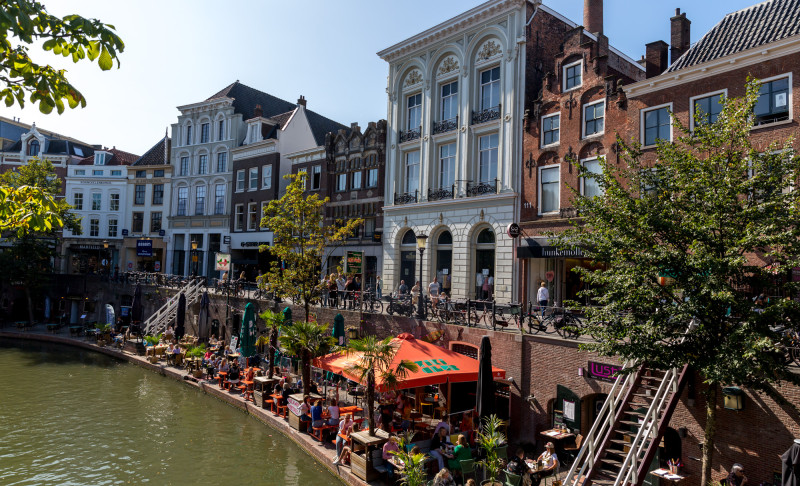
European Cultures and Identities
Have you ever wondered what makes Europeans ‘European’? During this course you will uncover the answers while staying in the beautiful medieval city of Utrecht.

Have you ever wondered what makes Europeans ‘European’? During this course you will uncover the answers while staying in the beautiful medieval city of Utrecht.
You will explore Europe’s cultural pluralism and examine its varied identities that still exist today.
Even though the majority of European countries are progressively collaborating on an economic and political level, each of Europe’s countries and peoples still have their own distinctive cultures, languages, political views, religions, and traditions. Overall, this course offers an introduction to Europe, a continent of great diversity.
The themes we will study during your stay in Utrecht, will help you understand the complicated structure of Europe. We will shed some light on the motives for integration as well as the obstacles on the way to European unity. You will engage with topics such as the emergence and construction of national identities, national identity versus European identity, the cultural heritage of Europe, and the processes of globalisation and transnational collaboration. Lectures will focus on the history, social and economic structures, culture, and current political and social debates within the wider European community. In the light of these last topics we will organise two field trips. All in all, a thought-provoking and inspiring course where you will experience an intensive two-week programme with lectures and seminar groups. Together with other students you are expected to work on group presentations and assignments.
The programme is especially designed for students coming from countries outside Europe. The course has a focus on the humanities and social sciences. It offers a broad framework forming an excellent preparation for other Summer School courses in the humanities.
The aim of this course is to introduce the participants to the social and cultural aspects of the nations within the European Community. The course will study both the development towards a united Europe and the enduring diversity of national cultures and identities within Europe.
A minimum of: 7 lectures (120 minutes), 4 seminars (90 minutes), 2 excursions, 1 exam, 1 certificate ceremony.
The housing costs do not include a Utrecht Summer School sleeping bag. This is a separate product on the invoice. If you wish to bring your own bedding, please deselect or remove the sleeping bag from your order.